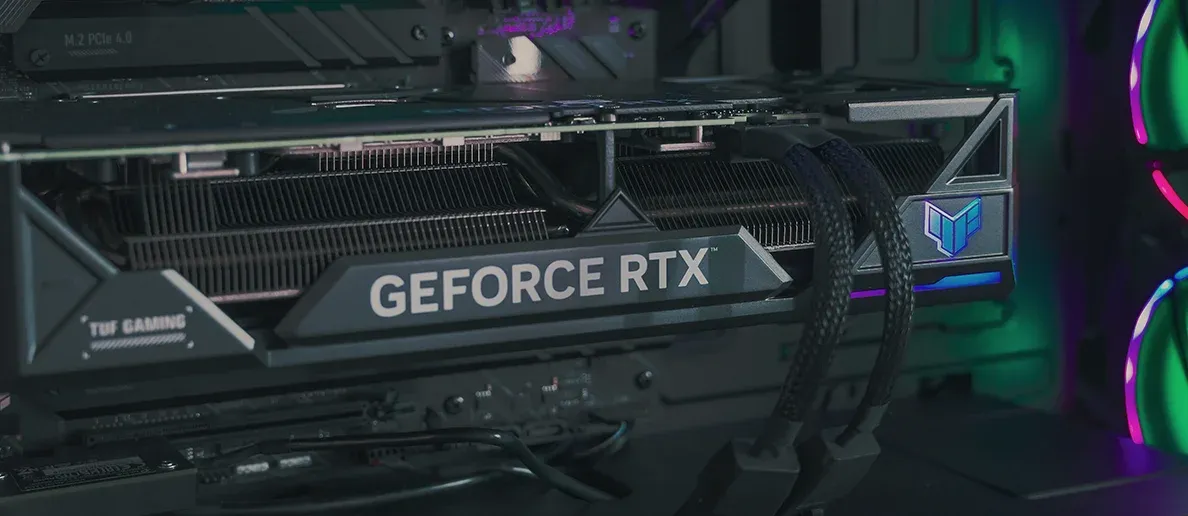Nvidia's Q3 Results - Navigating Challenges & Expanding Horizons


Nvidia Corporation (NVDA:US), the renowned chip designer, recently announced its fiscal fourth-quarter forecast, projecting revenue above Wall Street expectations. While the company's performance has been robust, certain challenges, particularly in China, have cast shadows over its soaring stock value, which has tripled this year.
Nvidia anticipates better supply chain conditions, a critical factor for its AI chip production. The company's strategic approach involves prepayments and noncancellable orders to secure chip prioritization from suppliers like TSMC.
Despite a positive outlook, concerns linger regarding China sales due to expanded U.S. export controls. The company foresees potential harm to its competitive position if these restrictions tighten further. Analysts point to the negative impact of widening U.S. curbs on high-end chip sales to China.
Beyond China, Nvidia faces risks in Israel, where its networking business is headquartered. The ongoing conflict in Gaza has led to a surge by 115% in sales from the unit but also poses challenges as a significant number of employees in Israel are called up for active military duty.
While Nvidia faces challenges, its order books are expected to remain robust until at least August next year, with analysts projecting strong demand for AI chips, particularly in the United States.
In the third quarter, Nvidia reported adjusted revenue of $18.12 billion, exceeding estimates. Data center revenue saw a remarkable 41% jump to $14.51 billion, while gaming revenue rose 15% to $2.86 billion.
In response to expanded U.S. export controls, Nvidia has introduced three new products tailored for the Chinese market. However, analysts caution that dedicating resources to these specialized chips may pose challenges, given the uncertain regulatory landscape.
Nvidia's stellar financial performance is juxtaposed with geopolitical challenges and export controls, particularly in China. The company's strategic response, including the development of specialized chips, reflects its adaptability. As the market evolves and competition intensifies, Nvidia's ability to navigate these challenges will be pivotal for its sustained growth.
On the congressional trading front, Representative Michael McCaul reported selling his stakes in Nvidia, ranging from $100,000 to $250,000, on November 20, when the stock closed at $405 per share.
Nvidia’s stock has experienced an impressive YTD rise of 248.89%, underscoring the sustained robustness and attractiveness of Nvidia within the market.
